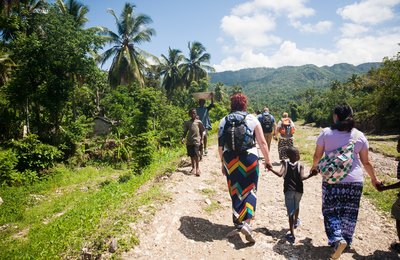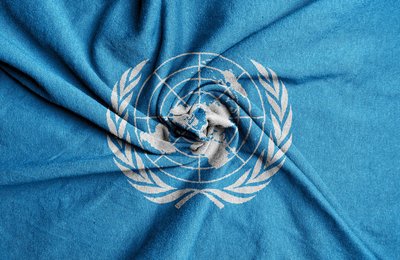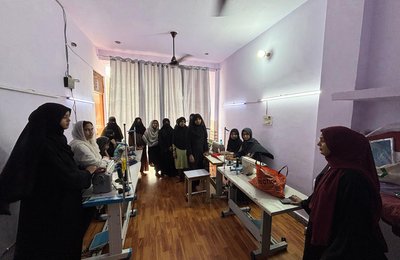International aid agencies are challenged today by a survey of over 1,000 of their developing-world partners, who want more control over solving their own countries’ problems.
The ground-breaking survey measures aid agencies’ performance according to the views of organisations that they fund in the global South. Its major finding is that these local organisations reject the current model of international aid programmes, in which they typically feature as sub-contractors implementing plans devised by the international community. Instead they want to lead their own programmes, with support but not control from outsiders.
Top agency in the survey was Peace Direct, which supports local organisations that lead their own conflict resolution programmes in war zones worldwide. It is a radical approach that caused Peace Direct to be rated best agency in 6 out of the 7 survey categories.
Peace Direct’s chief executive Carolyn Hayman OBE said:
“This report offers a challenge to all aid agencies, because it shows that people in the developing world no longer want to be passive recipients of Western aid – they want to lead their own development programmes and find their own solutions to their problems.
“This is an approach which Peace Direct is pioneering with locally led peacebuilding projects worldwide, and that’s why the survey showed Peace Direct as the highest rated aid agency. We believe this could be the future of aid programmes.
“In Haiti, for example, aid agencies might have been much less open to criticism, and indeed more effective, if they had based their work on asking local people what was needed and empowering local organisations to build their own lasting solutions.”
Local empowerment is an approach that chimes with UK government thinking on aid. International Development Secretary Andrew Mitchell MP said last June:
“The philosophy of empowerment will be central to our approach. We want poor people to be masters and owners of the international development system, not passive recipients of it. This approach is defined by a fundamental recalibration of the balance of power; one that sees people in developing countries moving from a position of having development done to them, to one where they shape progress themselves. In other words, giving people that most fundamental of human rights: the power to shape their own lives.”
The survey indicates the effectiveness of empowering local NGOs. Its report concludes:
“Northern NGOs add the most value to southern organisations when they treat these organisations as equal partners, rather than implementing agents or sub-contractors. While southern organisations are consistently referred to as ‘partners’, the data suggests that many of them experience unequal relationships, have limited confidence in northern NGOs’ understanding and abilities and do not feel a sense of respectful collaboration. Or, in language sometimes used in the sector, when northern NGOs ‘work through’ southern organisations, they add less value to them; when northern NGOs ‘work with’ southern organisations, they add more value to them.“
This is the first survey to use beneficiaries’ views as a benchmark for aid agencies’ effectiveness. It included household names such as Save the Children and Christian Aid, and was conducted by independent research company Keystone Accountability. 1,067 Southern NGOs replied to the survey, which was published today (12.1.11).
You can read the full "Partner Feedback Report" for Peace Direct here (pdf).
Interviews with Peace Direct’s chief executive Carolyn Hayman are available from jonathan@peacedirect.org or +44 (0)20 7549 0285.





